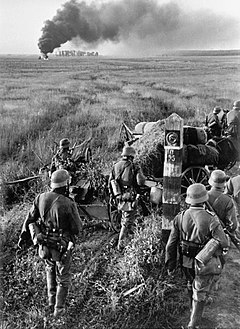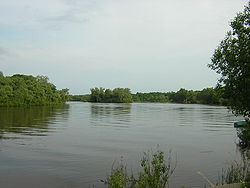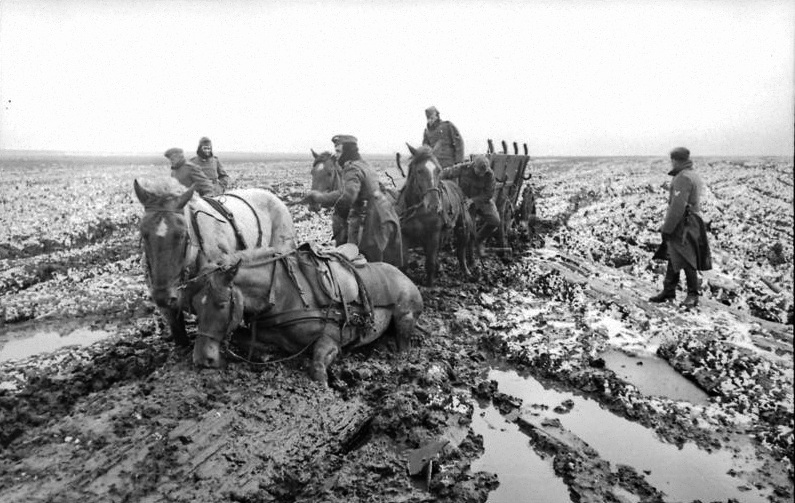Have also been reading up on the life of Lynette Roberts (1909- 1995) . A longer version of this post will be available soon. Lynette Roberts played a significant role in the Anglo-Welsh poetry scene of the mid-20th century .
UPDATE War Poets Review article by Michael Bully ' Lynette Roberts and the Second World War'. 2025
'Cross and Uncrossed '
Norma Bull ' Effigies of Crusaders in Round Temple Church London ' ( Courtesy of Imperial War Museum, IWM ART LD4889 )
Lynette Roberts was born in Argentina in 1909, and relocated to Britain in the 1930's, marrying Welsh magazine editor and poet Keidrych Rhys in 1939.The couple settled in the village of Llanybri . Rhys was conscripted on 12th July 1940, and was later to go AWOL for a short time after several years service. . Lynette Roberts immersed herself in Welsh village life, studying the mythology and language of the country, proud of her own distant Welsh ancestry. And wrote poetry of her own.
Backed by T.S. Elliott’s influence at ‘Faber’ two collections subsequently appeared ' Poems' in 1944 and 'Gods With Stainless Ears' in 1951,and the latter featured a long poem about her life in Wales in World War II, taking in the 19th -21st February 1941 Air Raid on Swansea. The people of Llanybri could see the flames...230 died, 397 injured , 7,000 homes were destroyed.
From ‘Gods With Stainless Ears’
“... Night falling catches the flares and bangs
On gorselit rock. Yellow birds shot from
Iridium creeks,-Let the whaleback of the sea
Fall back from a wrist of ripples, slit.
Snip up the moon sniggering on its back,
For on them sail the hulls of ninety wild birds
Defledged by this evening’s raid; jigging up
Like a tapemachine the cold figures February
19th, 20th, 21st. A memorial of Swansea’s tragic loss….”
The marriage between Lynette Roberts and Keidrych Rhys broke down in 1948 : Lynette Roberts took their two young children to England in 1949, and in 1955 she opened an art centre at Chislehurst Caves in Kent. In 1956 part of the cave roofs collapsed seriously injuring a sculptor called Peter Danziger. The centre closed and Lynette Roberts had the first of a series of breakdowns and suffered from recurring mental health conditions from the rest of her life until her death in 1995.
The already published works of Lynette Roberts were left to lapse-seemingly out of fashion as new trends began to flourish in the late 50's such as 'The Movement' and 'The Angry Young Men'. Her previous friendships with such luminaries as Dylan Thomas, Edith Sitwell, Alun Lewis,and T.S. Elliott earned her the occasional mention and the odd footnote. In fact Lynette Roberts shared her research into Welsh culture and mythology with Robert Graves for his work ‘The Roebuck in the Thicket’ , which later became ‘The White Goddess’.
Even in the late 1970’s /early 1980’s wave of feminism which explored women’s relationship to war, there was little focus on her work. Lynette Roberts was conspicuously absent from Catherine Reilly’s influential ‘Chaos of the Night -Women’s Poetry and Verse ‘ from 1984. One exception was ‘Poetry Wales ‘ magazine that devoted an issue to Lynette Roberts in 1983.
Anne Powell’s 1996, ‘Shadows of War-British Women’s Poetry of the Second World War’ featured of three of Lynette Roberts’ poem. And in 21st century a new wave of interest appeared in her work with the appearance of 'Lynette Roberts-collected poems' edited by Patrick McGuiness in 2005 and a companion volume of 'Diaries, Letters, and Recollection ' in 2008, also edited by Patrick McGuiness.
A particularly intriguing entry reads:
“And my stay at the Inner Temple when I turned up while the library buildings were still smouldering and continued to burn for another five days. The Round Church wet and empty like a grotesque seashell. Out of this experience I wrote my poem ‘Crossed and Uncrossed.’ “
‘Diaries, Letters and Recollections’ 12th June 1942 - Looking back at 10th May 1941 Raid. Here are some verses from said poem to consider :
‘ Crossed and Uncrossed ‘
Heard the steam rising from the chill blue bricks
Heard the books sob and the buildings huge groan
As the hard crackle of flames leapt on firemen
and paled the red walls……….
Round Church built in a Round Age, cold with grief,
Coloured Saints of glass lie buried at your feet;
Crusaders uncross limbs by the green light of flares,
burn into Tang shapes
From paper window we gaze at the catacomb of books,
You,unflinching stern of spirit, ready to
Gather charred sticks to fight no gas where gas was
everywhere escaping
Through thin library walls where ‘Valley’ still grows,
From Pump Court to dry bank of rubble, titanic monsters,
Roll up from the Thames, to drown the ‘storm’ should it
dare come again.
Still water silences death : fills night with curious light,
Brings green peace and birds to top of Plane tree
Fills Magnolia with grail thoughts; while you of King’s Bench
Walk, cherish those you most love.”
Further Reading
Lynette Roberts- Diaries, Letters and Recollections' , edited by Patrick McGuiness, Carcanet Press
(2008)
Lynette Roberts - Collected Poems edited by Patrick McGuiness, Carcanet Press (2005)
Keidrych Rhys -The Van Pool: Collected Poems edited by Charles Mundye, Seren ( 2012).
Lynette Roberts Independent Obituary
Lynette Roberts feature Flashpoint Magazine
Lynette Roberts Update New blogpost from 2025 and the connection with the Swansea Blitz of 19th-21st February 1941





_Peter_Huchel.jpg)

